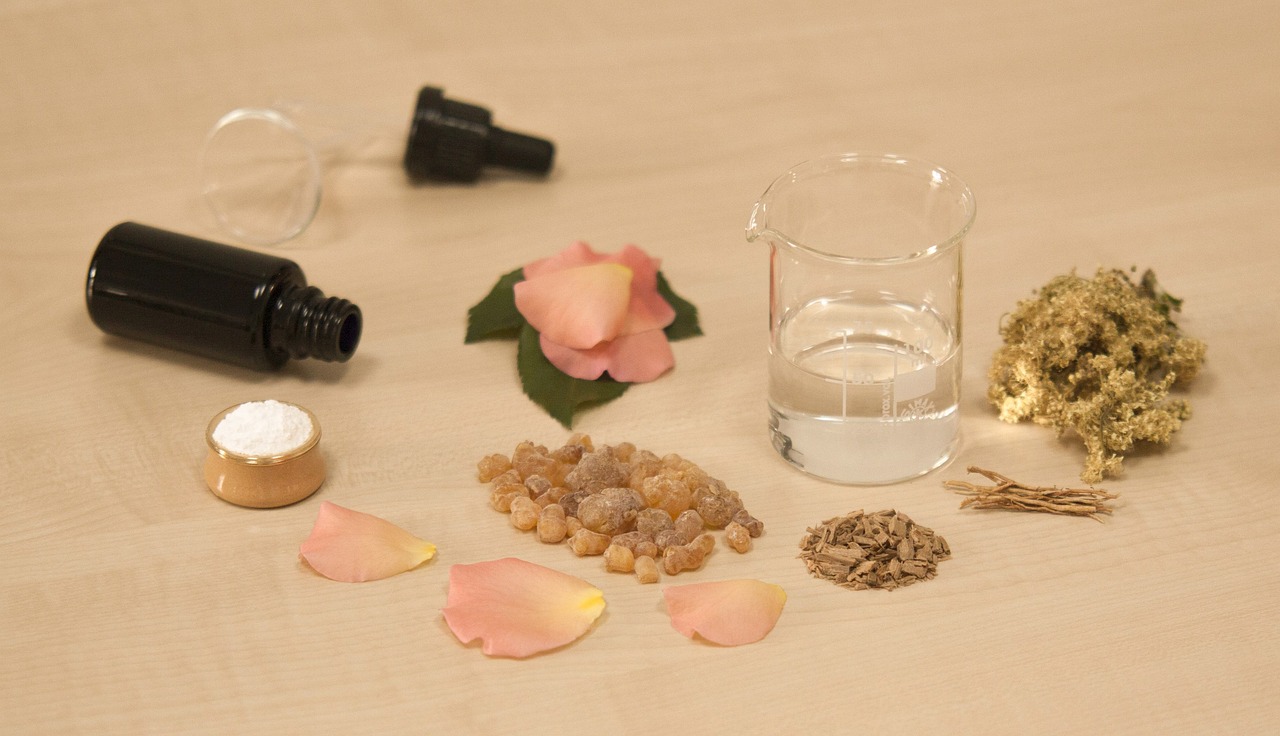Have you ever noticed how a whiff of a certain scent can instantly transport you back to a cherished memory or evoke a powerful emotion? The world of perfume isn’t just about pleasant aromas – it’s deeply intertwined with the fascinating realm of psychology. Our sense of smell has a unique ability to influence our thoughts, feelings, and behaviors, making perfume much more than a cosmetic accessory. Let’s delve into the captivating psychology of perfume and uncover the secrets it holds.
The Emotional Language of Scents:
Imagine walking through a garden filled with blooming flowers or strolling by the sea on a warm summer day. These sensory experiences are deeply rooted in our memories and emotions. The reason behind this connection lies in the way our brain processes scents.
Our olfactory system is closely linked to the limbic system, which plays a vital role in emotions and memory. When we smell something, the information travels directly to the brain’s emotional center, bypassing other cognitive processes. This is why a particular scent can instantly trigger feelings of nostalgia, happiness, or even calmness.
Creating Personal Identities:
Perfume isn’t just a fragrance; it’s a personal statement. The scents we choose often reflect our personalities, desires, and aspirations. Just as we carefully select our clothing to convey our style, the perfume we wear is an olfactory extension of our identity.
Some people prefer floral scents, which exude femininity and elegance, while others are drawn to woody or musky fragrances, projecting strength and confidence. The perfume we wear can influence how we perceive ourselves and how others perceive us.
Boosting Confidence and Mood:
Ever had a rough day that was instantly brightened by the uplifting whiff of a favorite perfume? Fragrances have the remarkable ability to influence our moods and emotions. Certain scents are known to have mood-enhancing properties, promoting relaxation, happiness, or even reducing stress.
Citrusy scents, like lemon and bergamot, are often associated with energy and vitality. Lavender and chamomile are well-known for their calming effects, making them ideal for relaxation and stress relief. By wearing a fragrance that resonates with our desired emotional state, we can harness the power of scent to enhance our well-being.
Creating Lasting Memories:
The psychology of perfume goes beyond influencing our present emotions – it also has the power to shape our memories. Have you ever smelled a certain perfume and immediately been transported back to a specific moment in your past? This phenomenon occurs due to the close link between scent and memory.
When we encounter a new scent, the brain forms connections between the odor and the context in which it was experienced. These connections can be incredibly enduring. A particular perfume can become a signature scent that people associate with us, creating a lasting memory in their minds.
Scent and Attraction:
The psychology of attraction is another intriguing facet of perfume. Scent plays an undeniable role in human attraction, often influencing our perceptions of others. Researchers have found that certain scents can trigger a physiological response, such as an increase in heart rate or heightened alertness.
Perfumes that contain pheromone-like compounds or natural aphrodisiacs, such as vanilla and musk, are believed to have a subtle impact on attracting others. The way we smell can contribute to the overall impression we make on people, shaping initial interactions and connections.
The Power of Association:
Our experiences shape our associations with scents, creating a deeply personal and individual relationship with fragrance. A perfume worn by a loved one, a place we visited, or a significant event can all become linked to a specific scent. This association can make the perfume a powerful tool to evoke memories and emotions.
By wearing a certain perfume during positive experiences, we can create positive associations with that scent. In times of stress or sadness, a familiar fragrance can provide comfort and solace by bringing back memories of happier moments.
Conclusion:
Perfume is more than just a delightful aroma – it’s a window into the intricate workings of the human mind and heart. The psychology of perfume showcases how our sense of smell is deeply connected to our emotions, memories, and even our relationships. Whether it’s boosting our mood, crafting our identity, or creating lasting memories, the power of scent is a testament to the captivating interplay between our senses and our psychology.




